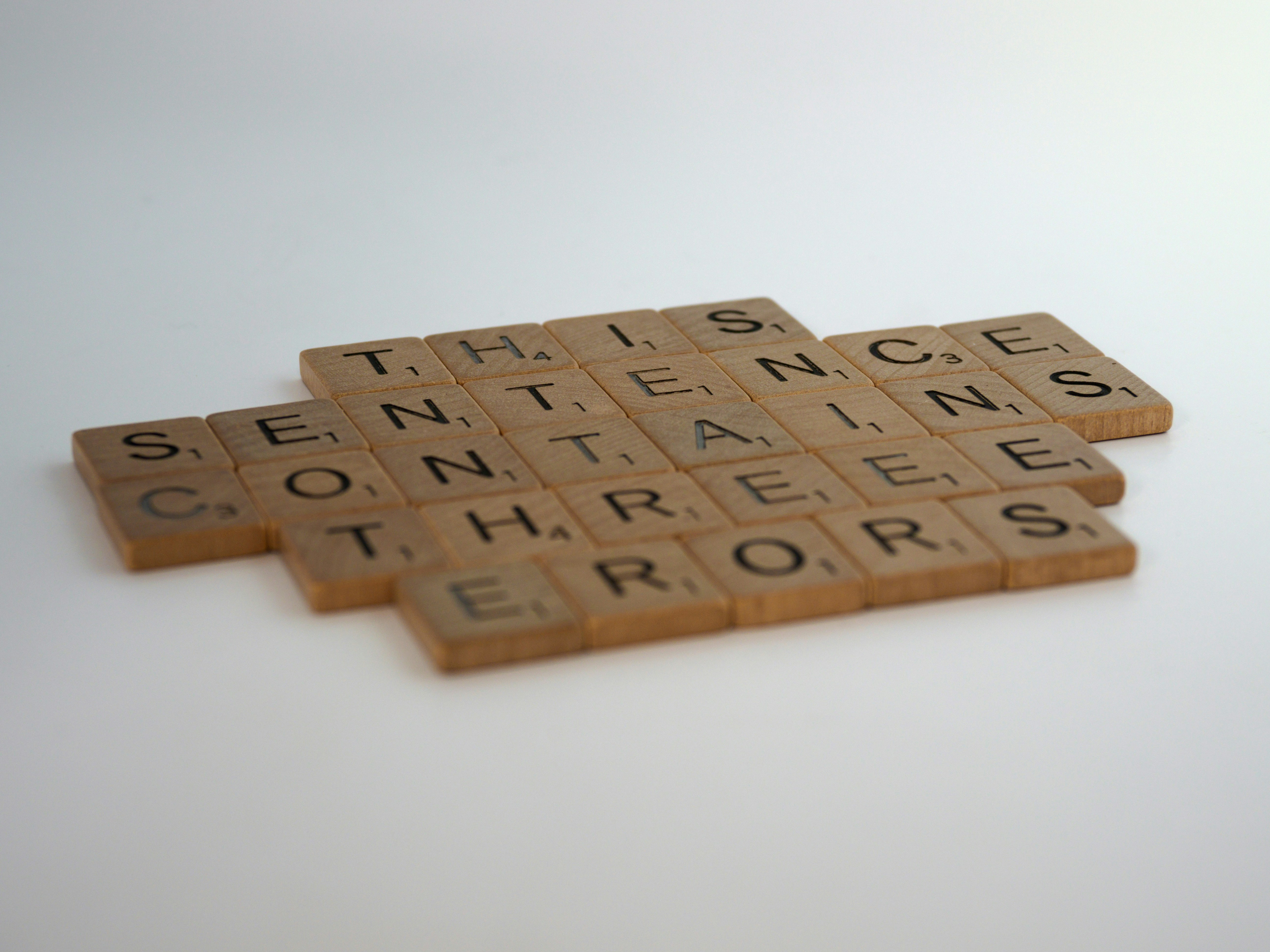For older adults, puzzles offer more than just entertainment—they can serve as a powerful cognitive workout. Research suggests that engaging in puzzles can enhance memory, spatial reasoning, and problem-solving skills,1,2,3 all of which are crucial for maintaining mental sharpness. Thinkie's brain meter takes this experience to the next level by providing real-time feedback on brain activity, allowing users to see how their cognitive engagement fluctuates as they piece together a puzzle. Imagine the thrill of watching your brain’s activity light up as you make connections, reinforcing the idea that every solved piece is also a step toward stronger neural pathways.

The magic of the "aha" moment—the sudden realization when a puzzle piece clicks into place—is more than just satisfying; it's a neurological event. Studies have shown that this moment is accompanied by a surge of dopamine in the brain, activating the nucleus accumbens, a region associated with reward and motivation.4 This rush of excitement mirrors the pleasure derived from other rewarding activities, reinforcing the brain’s desire to seek out and solve more challenges.5 With Thinkie’s brain meter, older adults can track these moments of insight, identifying which types of puzzles or problem-solving activities generate the most cognitive stimulation and joy.

Beyond traditional puzzles, Thinkie's brain meter opens the door to unconventional brain training methods. Activities like storytelling, musical improvisation, and even strategic board games can be monitored for their cognitive impact, helping users discover new ways to challenge their minds. By experimenting with different tasks and observing real-time brain activity, older adults can tailor their mental workouts to maximize engagement and effectiveness. This personalized approach transforms brain training from a passive exercise into an interactive, dynamic experience, making cognitive health an exciting journey rather than a routine obligation.

Incorporating Thinkie into daily routines means turning everyday moments into opportunities for cognitive growth. Whether it’s solving a crossword, playing an instrument, or engaging in a lively debate, Thinkie's brain meter provides tangible insights into how the mind responds to different stimuli. Now, older adults can take control of their cognitive health by making informed choices about the activities that keep their brains active and resilient. The result: brain training is no longer confined to structured exercises; instead, it becomes an intuitive, rewarding, and deeply personal adventure.
2 Mind games: Discover the cognitive impact of puzzles
3 How Geometric Puzzles Improve Spatial Reasoning
4 What happens in the brain during a 'eureka!' moment?
5 Ultra-high-field fMRI insights on insight: Neural correlates of the Aha!-moment
